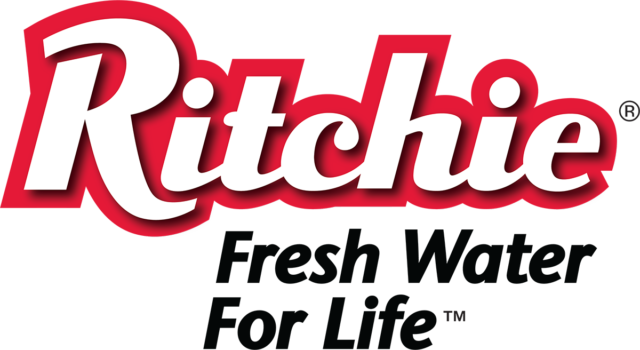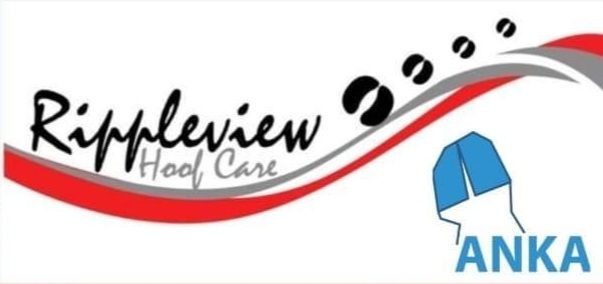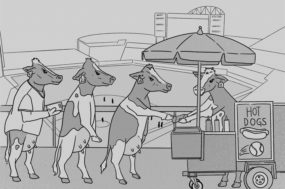Is the operator behind the wheel of your $100,000 tractor really qualified or capable of running that piece of machinery?
Affordable labor is an important part of running a business, but what is affordable? I see it like this. One large rear tractor tire costs $1,500. If I get someone to run the equipment at $12 or $15 an hour, they will have to work a lot of hours to pay for just one tire. So I tell them to keep an eye out for things laying out in the field and don’t run through unfamiliar areas.If they are using a loader, I tell them they don’t need to go jamming the equipment into piles, because they are causing a lot of stress to the equipment. The more the operator understands about that equipment, the more valuable he is. I wouldn’t put someone in any piece of machinery that doesn’t know much about it. They will end up costing you money, not saving you money.
Equipment safety systems
You could say that the equipment has safety features and cushion valves so this unexperienced person will be OK in the tractor. Most companies do put safety valves in their equipment, but there’s a limit to how much they can do. The operators of your equipment need to understand that dropping loads and suddenly stopping them is like driving down the road at 80 miles an hour and hitting a brick wall. It doesn’t work too good. That’s essentially what you’re doing because that kind of force and pressure is in there. You can shear shafts right off pumps.
Even with safety valves, a good operator and one that’s thinking can save your equipment. The operator has so much to do with how long equipment lasts. Maintenance is good and needs to be done, but the operator can do a lot of damage if they aren’t thinking or abusing the equipment.
Examples of operator value
Out here at one of the dairy farms, they had a young man come out to one of my classes. He was a smart young man, but at the time was just a dairy hand that wanted to learn more about mechanics. He wasn’t making a lot of money, and he wanted to improve himself. He started learning about operation and maintenance of machines and then he used them at the dairy. In our program students can get credit for hours they work using the equipment. There are forms that they have to fill out and they have to be signed by the owner or supervisor. The dairy owner’s wife had actually made comments on this student’s forms about how valuable he had become because of his training. They said he was saving them money and even fixing some problems left by another company that came in to do some work on the dairy. The training makes employees more valuable.
To some people training employees is a catch-22 situation. If you give someone more training, they want more money. If you have someone there that doesn’t understand the equipment, then you will pay for it later. You pay for it one way or the other. You can either pay to train and have someone there to take care of it, or you can pay to have it repaired or replaced.
Another example of valuable employees comes from a hay-hauling company. One of my students was going back home to Bruneau, Idaho, and hauled hay on the weekends. One weekend an air compressor went out and his manager decided to just replace it. My student remembered that the air compressor shared oil and coolant with the engine and when an air compressor goes out, scraps can go down into the oil pan.
Those scraps would then plug the screen in the oil pan and starve the oil pump and the engine of oil and destroy the engine. He was pretty insistent and knew the systems pretty well, so the manager finally decided to pull the oil and the pan was plugged just like he said. He saved the company $8,000 to $10,000 in repairs to the engine.
The key is finding people that know how to run the equipment. If you as the owner can’t give the training, find a local college, institution or dealer and ask them for training. PD

-
Jim Schlund
- Retired Diesel
- Mechanics Professor
- College of Southern Idaho
Do you have a mechanical question? Mechanics Corner will answer it in a future issue. Send your questions to ryan@progressivedairy.com.






